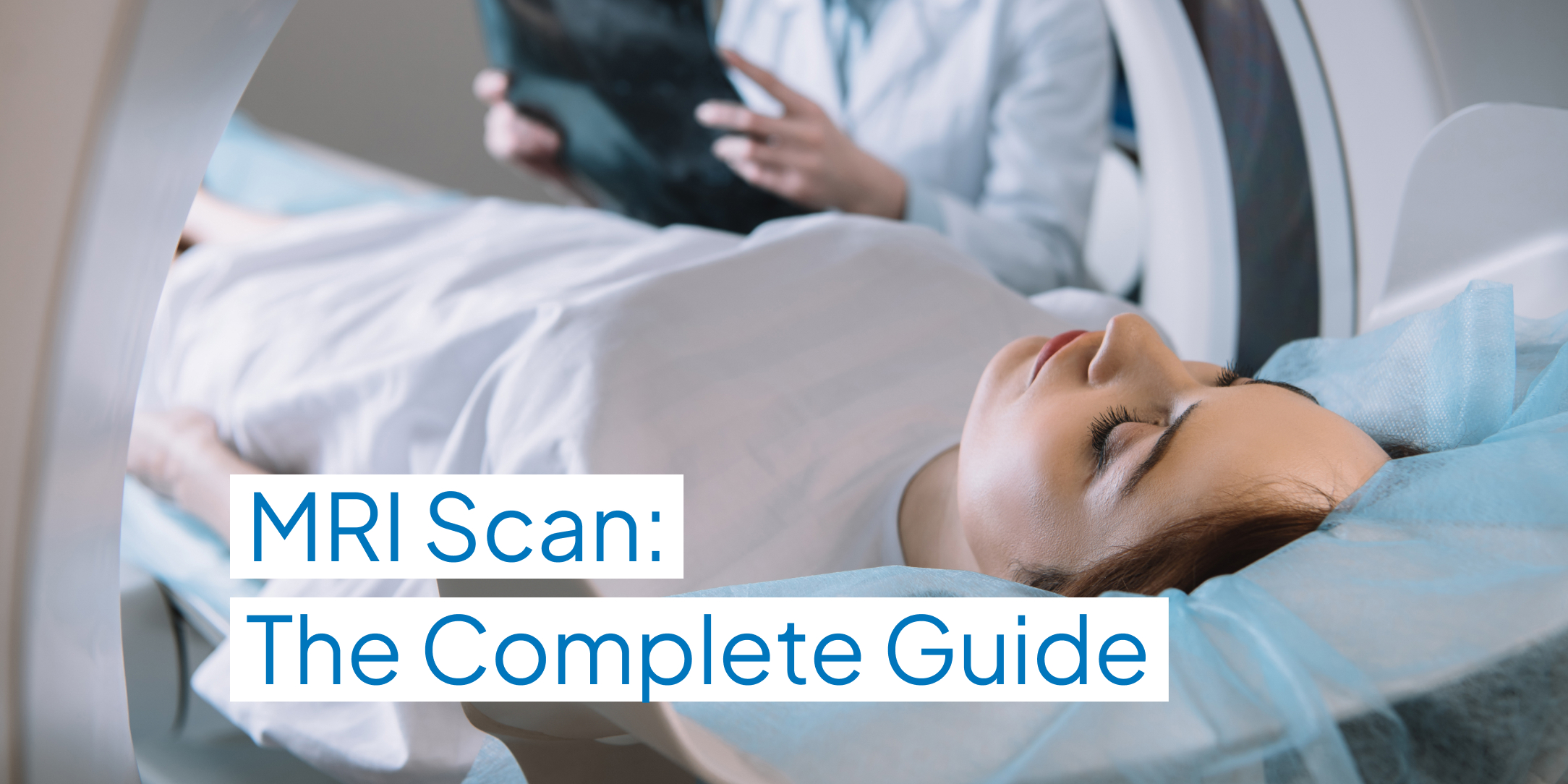What Are Optic Nerve Disorders?
The optic nerve is like the “cable” that carries visual information from your eye to your brain. If it is damaged or inflamed, your vision can be affected: sometimes suddenly.
Optic nerve disorders include conditions such as optic neuritis (inflammation), optic neuropathy (damage to the nerve), and papilledema (swelling due to pressure inside the skull).
Early detection is vital. In many cases, quick diagnosis and treatment can help preserve sight and prevent permanent vision loss.
Types of Optic Nerve Conditions
Optic Neuritis
- Often linked to autoimmune conditions like multiple sclerosis (MS)
- Two main types: retrobulbar neuritis (inflammation behind the eye) and papillitis (inflammation of the optic disc)
Optic Neuropathy
- Nerve damage that can be ischemic (due to reduced blood flow), toxic (from chemicals or medications), or hereditary
Papilledema
- Swelling of the optic disc caused by increased pressure inside the skull
- Can be linked to brain tumours, infections, or idiopathic intracranial hypertension
Other Conditions
- Hypoplasia of the optic nerve (underdeveloped nerve from birth)
- Anterior ischemic optic neuropathy (AION)
- Ocular neuritis from infections or inflammatory diseases
Common Causes of Optic Nerve Damage
- Autoimmune diseases such as MS or lupus
- Infections and inflammation affecting the eye or nervous system
- Ischaemia — reduced blood supply to the nerve
- Trauma or pressure from tumours, swelling, or head injury
- Nutritional deficiencies, alcohol abuse, or toxic exposure
- Eye diseases that cause nerve compression, such as advanced glaucoma
Symptoms of Optic Nerve Disorders
- Blurred or dim vision
- Sudden vision loss in one eye
- Pain behind the eye or when moving the eyes
- Swelling of the optic disc (seen during an eye exam)
- Visual field defects such as dark spots or tunnel vision
- Changes in colour vision, especially red-green perception
- Signs of optic nerve swelling or damage on testing
Diagnostic Tests for Optic Nerve Conditions
Ophthalmoscopy / Fundoscopy – Direct view of the optic disc to spot swelling or pallor
Visual Field Test – Maps areas of lost vision
OCT (Optical Coherence Tomography) – Measures optic disc thickness and nerve fibre layers
MRI of the Brain and Orbits – Detects optic neuritis, retrobulbar neuritis, tumours, MS lesions, or stroke
Lumbar Puncture & Blood Tests – Checks for infections, inflammation, or systemic disease
Can eye tests detect brain problems? Yes — swelling of the optic nerve can be an early sign of brain tumours, inflammation, or raised intracranial pressure.
Optic Neuritis & Multiple Sclerosis
- Optic neuritis is often one of the first signs of MS
- MS-related eye symptoms may include blurred vision, pain with eye movement, or loss of colour vision
- MRI scans help confirm the diagnosis and assess risk of developing MS
- Most people recover vision, but some may have lasting changes in colour perception or contrast sensitivity
Treatments for Optic Nerve Disorders
Optic Neuritis
- High-dose steroids (e.g., IV methylprednisolone) can speed recovery
- MS-related cases may require disease-modifying drugs
Optic Neuropathy
- Treat the underlying cause: improve blood supply, stop toxic exposure, or address inflammation
Papilledema
- Reduce intracranial pressure (medications such as acetazolamide, weight management, or surgical shunt if needed)
General Support
- Vision rehabilitation for permanent damage
- Nutritional support, especially B vitamins, in deficiency-related cases
When to Seek Medical Help
Seek urgent medical advice if you have:
- Sudden loss or blurring of vision
- Eye pain, especially with movement
- Signs of optic nerve swelling
- Visual symptoms with neurological signs (weakness, numbness, speech changes)
- Persistent headaches with visual disturbances
Optometrists and ophthalmologists may refer for MRI if they suspect nerve inflammation, MS, or compression.
Living with Optic Nerve Disorders
- Recovery depends on the underlying cause and how quickly treatment starts
- Some conditions, like optic neuritis, can improve within weeks to months
- Recurrence is possible, especially in autoimmune disease
- Support includes vision aids, adaptive devices, and regular monitoring
- Psychological support is important for coping with vision changes
Conclusion: Protecting Your Vision Through Early Action
Optic nerve disorders can be serious, but early diagnosis makes a huge difference.Never ignore sudden changes in your vision: rapid assessment by an eye specialist and appropriate imaging can protect your sight.MRI and detailed eye exams are key tools in both diagnosis and monitoring.
Take control of your eye health today
If you’re experiencing vision changes or need advanced imaging, book a private MRI or eye scan with GetScanned UK. Early action can help protect your sight.
FAQs
1. Can optic nerve damage be seen on MRI?
Yes: MRI may inflammation, swelling, or structural damage to the optic nerve.
2. Can optic neuritis be cured?
Most cases improve, especially with prompt treatment, but some vision changes may remain.
3. Can eye tests detect MS or brain tumours?
Sometimes: swelling or nerve changes can signal a neurological condition, which MRI can maybe confirm.
4. Is a swollen optic nerve always serious?
Yes: it should always be investigated, as it may point to raised brain pressure or inflammation.
5. How long does optic neuritis take to recover?
Most people see improvement within 4–12 weeks, though full recovery may take longer.
6. Can an optician detect MS?
They may spot optic nerve changes, but diagnosis requires specialist assessment.
7. Can eye problems be seen on MRI?
Yes: MRI can visualise the optic nerve, surrounding tissues, and related brain structures.




